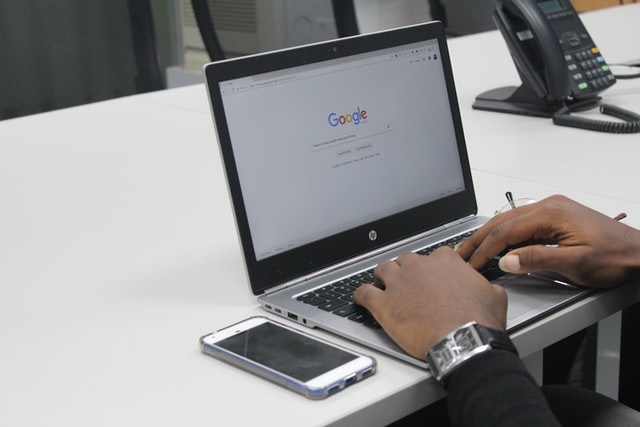More and more people are googling how to deal with financial troubles and disaster relief as the pandemic continues. Research suggests that this behaviour may eventually be followed by suicidal tendencies.
As the pandemic continues, researchers are collecting data on its effects on mental health. Studies done in the US show that suicide rates drop drastically following national disasters but often peak a few months later. This was the case following 9/11, the SARS 2003 Hong Kong outbreak and the flu pandemic of 1918.
Since the COVID-19 pandemic first began, countries across the world are reporting elevated mental health issues, from the US to South Africa and beyond. Mental health has taken a backseat as health establishments across the globe struggle to handle the increase in demand.
International studies have now linked Google search behaviour with suicidal manifestations. A study done at Columbia University Irving Medical Center used a Google algorithm to directly link terms related to suicide and known risk factors associated with suicide.
Financial distress is often linked with suicide mortality according to statistics. Researchers are concerned that a spike in suicide attempts and suicidal thoughts could be on the cards for those negatively affected by the pandemic.
“The scale of the increase in Google searches related to financial distress and disaster relief during the early months of the pandemic was remarkable, so this finding is concerning,” says Madelyn Gould, PhD, MPH, the Irving Philips Professor of Epidemiology in Psychiatry at Columbia University Vagelos College of Physicians and Surgeons and senior author of the study.
A dramatic increase in terms related to financial stress, such as “unemployment” and “I lost my job” were seen. Following these searches, most users would contact the Disaster Distress Helpline for support.
According to the study, queries related to depression and panic attacks grew substantially when compared to the period before the pandemic began.
“It seems as though individuals are grappling with the immediate stresses of job loss and isolation and are reaching out to crisis services for help, but the impact on suicidal behaviour hasn’t yet manifested,” says Gould. “Generally, depression can take longer to develop, whereas panic attacks may be a more immediate reaction to job loss and having to deal with emotionally charged events amidst the social isolation of the pandemic.”
According to international journal of medicine Oxford Academic, psychiatric disorders and suicide rates are expected to increase significantly during and after the pandemic. Predictions say the effects of the global pandemic will persist for years to come.
Also read: Cape facilities offer mental health care for COVID-19 patients
Also read: COVID fatigue” and how to fight it
Picture: Unsplash

